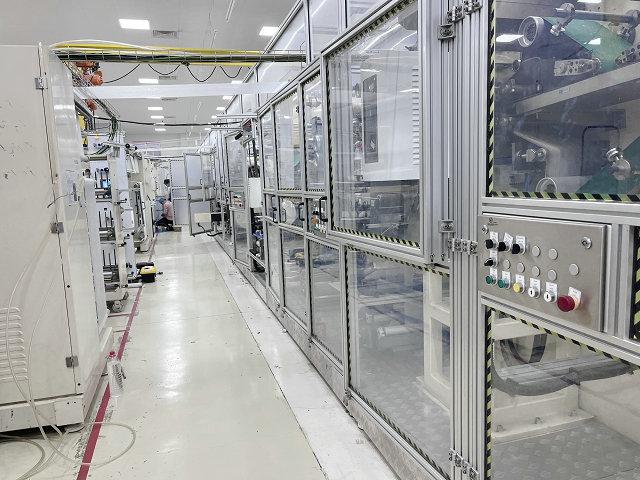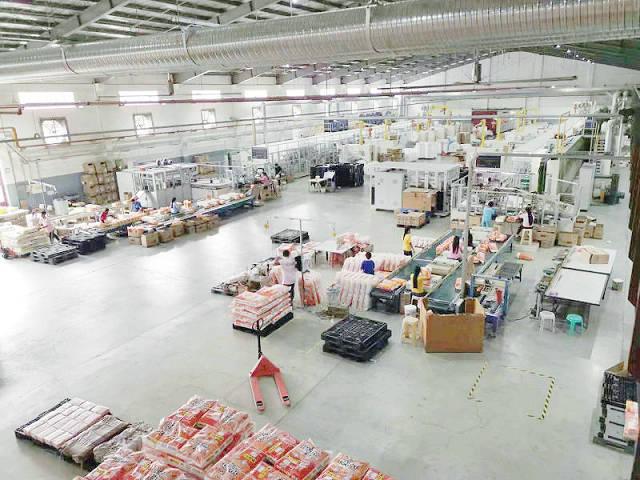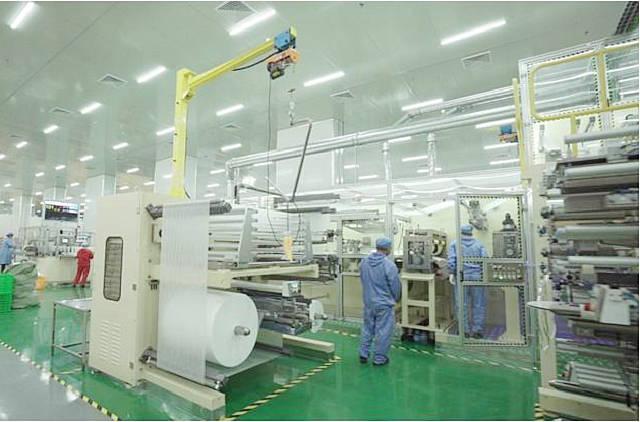Author:Haina Machinery Factory FROM:Diaper Machinery Manufacturer TIME:2024-11-15
As the world increasingly focuses on sustainability, businesses are compelled to rethink their production processes. The sanitary pad industry is no exception; it faces significant scrutiny due to its environmental impact. Traditional production methods often rely on non-biodegradable materials and generate substantial waste. This article will explore various strategies for improving the sustainability of sanitary pad production, covering eco-friendly materials, efficient manufacturing processes, responsible waste management, and consumer engagement.
One of the most effective ways to enhance the sustainability of sanitary pad production is by switching to eco-friendly materials. Instead of conventional plastics and synthetic fibers, manufacturers can consider alternatives like organic cotton, bamboo, or hemp. These materials are biodegradable and have a lower environmental footprint. Additionally, using recycled fibers can help reduce the need for virgin raw materials, further minimizing the ecological impact.
It's essential to source these materials responsibly. Collaborating with certified suppliers who focus on sustainable practices ensures that the raw materials are not only eco-friendly but also ethically sourced. Establishing partnerships with local farmers can also promote sustainable agriculture, reducing transportation emissions and supporting local economies.

In addition to material choices, the manufacturing process itself plays a critical role in sustainability. Implementing energy-efficient technologies can significantly reduce the carbon footprint of production facilities. For instance, using renewable energy sources such as solar or wind power can help minimize reliance on fossil fuels.
Moreover, optimizing production lines for efficiency can reduce waste and energy consumption. Adopting lean manufacturing principles, which aim to eliminate unnecessary steps in the production process, can lead to more streamlined operations and lower resource usage. Regularly conducting audits to identify areas for improvement can further enhance sustainability efforts in the manufacturing process.
Effective waste management is crucial in making sanitary pad production more sustainable. Manufacturers should implement systems for recycling and reusing materials whenever possible. For instance, scraps from the production process can be collected and repurposed, reducing overall waste generation.
Additionally, educating employees about proper waste segregation and recycling practices can foster a culture of sustainability within the organization. Establishing partnerships with recycling companies can facilitate the responsible disposal of non-reusable materials, ensuring they are processed correctly rather than ending up in landfills.

Consumer engagement is vital in promoting sustainable practices in the sanitary pad industry. Brands can educate their customers about the environmental impact of traditional sanitary products and the benefits of choosing eco-friendly options. This can be achieved through marketing campaigns, social media, and informative packaging.
Encouraging customers to participate in recycling programs or return used products for responsible disposal can create a sense of community and shared responsibility. Developing loyalty programs that reward sustainable purchasing behavior can also incentivize consumers to make eco-friendly choices.
Technological innovation can greatly enhance the sustainability of sanitary pad production. Research into biodegradable materials is ongoing, and manufacturers should stay abreast of emerging trends and technologies that offer sustainable alternatives. For example, developing pads made from mycelium or other natural polymers can provide an innovative solution to the plastic waste problem.
Investing in research and development can lead to breakthroughs in product design that prioritize both performance and sustainability. Collaborating with universities and research institutions can bring fresh insights and accelerate the development of sustainable technologies in the industry.
Transparency in the supply chain is becoming increasingly important to consumers. By openly communicating sourcing practices, manufacturing processes, and environmental impacts, brands can build trust with their customers. Implementing third-party certifications can further validate sustainability claims and demonstrate a genuine commitment to eco-friendly practices.
Regular reporting on sustainability goals and achievements can keep stakeholders informed and engaged. Setting measurable targets for waste reduction, energy use, and material sourcing can help maintain accountability and drive continuous improvement in sustainability efforts.

Improving the sustainability of sanitary pad production is not only a responsible choice but also a necessary step toward a healthier planet. By utilizing eco-friendly materials, adopting efficient manufacturing processes, enhancing waste management practices, engaging consumers, innovating with sustainable technologies, and establishing transparency, manufacturers can significantly reduce their environmental impact. As consumer awareness grows, brands that prioritize sustainability will not only contribute to a better world but also position themselves favorably in the marketplace. Embracing these strategies will not only fulfill corporate social responsibilities but also pave the way for a sustainable future in the sanitary pad industry.
